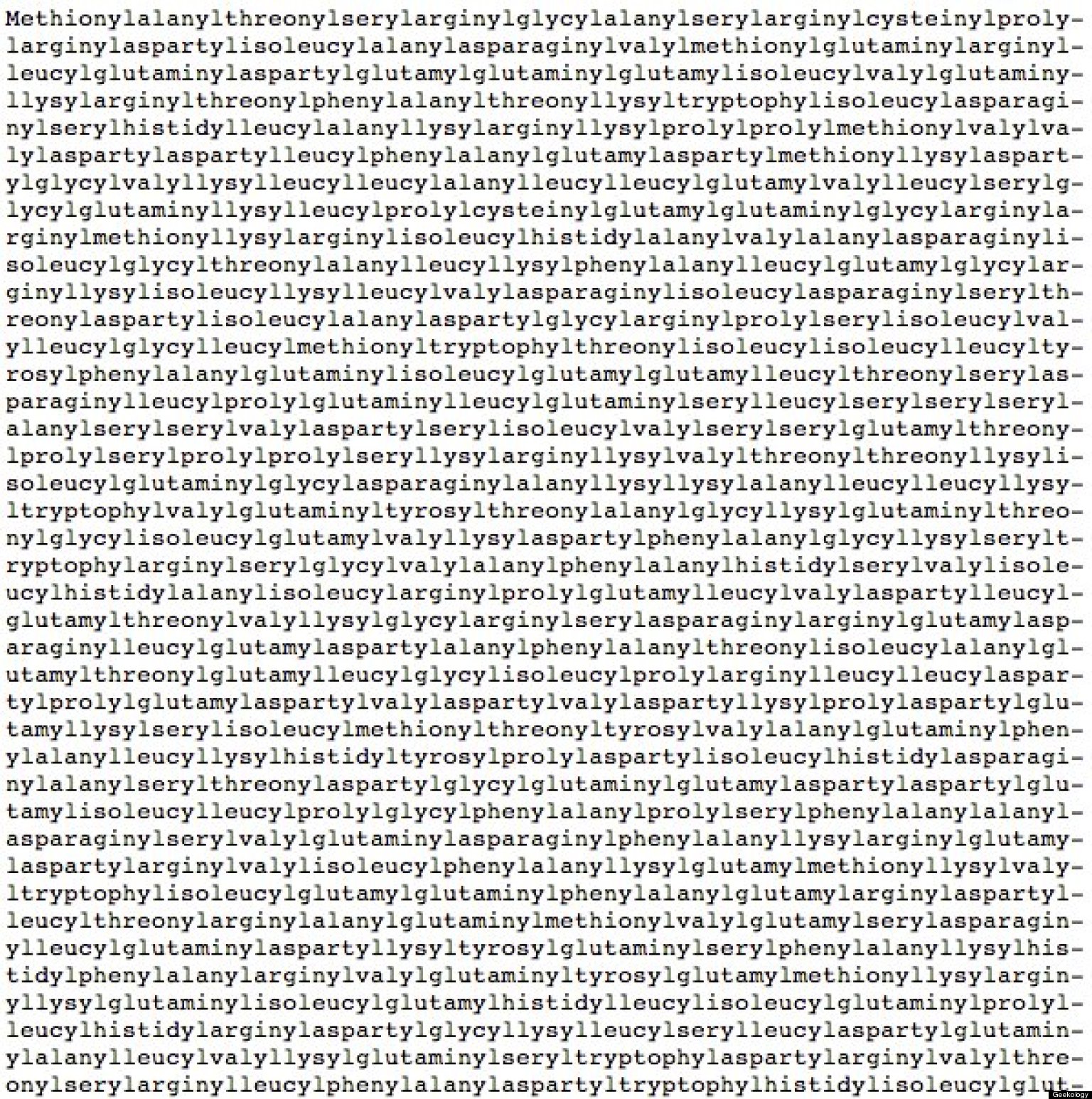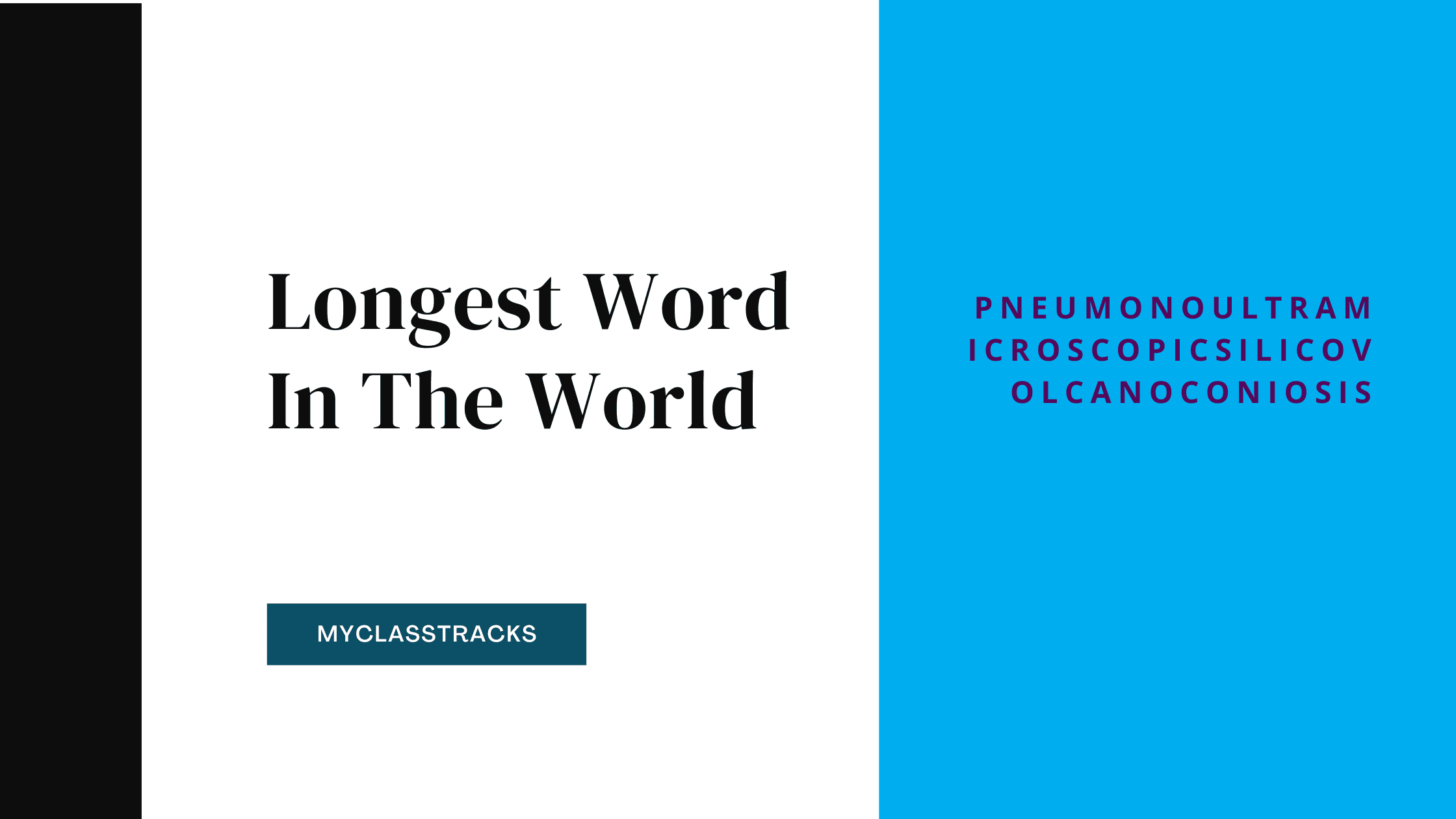The Longest Word In The World - A Grand Exploration
Have you ever stopped to ponder what the absolute longest word in the world might be? It's a question that, you know, often sparks a lively discussion, with people throwing out different words and making claims about their immense length or deep meaning. This kind of talk, honestly, often feels like folks are just, well, shouting out terms and then getting into a bit of a friendly debate about how much length these words truly possess or what they might signify.
The truth is, finding the single longest word is a bit more complicated than just picking one. It's not as straightforward as it might seem, as a matter of fact. What counts as a word, really, and in which language? Does it need to be in a common dictionary, or can it be something made up for a very specific purpose? These are the sorts of things that make this whole idea of the longest word in the world quite a puzzle, actually.
So, we're going to take a closer look at some of these truly colossal words. We will, in fact, try to figure out where they come from, what they mean, and why they are considered so incredibly long. It's a pretty interesting journey into the structure of language itself, you know, and how different tongues put sounds and ideas together.
Table of Contents
- What Makes a Word Truly Long?
- The Longest Word in the World - Is It Just One?
- What About the Longest Word in English?
- Do All Languages Have Very Long Words?
- The Oldest Words - A Different Kind of Length?
- Exploring the Nuances of the Longest Word in the World
- How Does Predictive Text Affect Our Use of the Longest Word in the World?
- The Cultural Significance of the Longest Word in the World
What Makes a Word Truly Long?
When someone asks about the longest word, the way the question is put, it really does seem to invite a response where people just, you know, shout out words and then argue about how much length they have or what they truly mean. This is what one person, @curiousdannii, observed, and it's a pretty accurate way to describe how these conversations typically go. It's almost as if we're more interested in the sheer size than in the practical use of the word, which is interesting in itself.
For some, a long word needs to be something you'd find in a standard dictionary, something that everyday people might actually use, or at least recognize. For others, it could be a word that's been put together, a constructed term, perhaps for a very specific scientific purpose or even just for fun. So, the definition of "long" can really shift depending on who you ask, which makes this search for the longest word in the world a bit of a moving target, you know.
Then there's the idea of whether a word is truly a "word" or more of a phrase or a description squished into one long string of letters. This comes up quite a bit when we look at some of the really, really long ones. It's like, is it a single unit of meaning, or just a bunch of smaller words stuck together? That distinction, you know, can make all the difference in deciding what gets the title of "longest."
The Longest Word in the World - Is It Just One?
When you hear about the longest word in the world, one name comes up pretty often, and that's the chemical name for 'titin'. This word, which starts with 'methionylthreonylthreonylglutaminylarginyl' and goes on for quite a while, ending with 'isoleucine', is often said to be the longest English word, at least technically speaking. It's made up of exactly 189,819 letters, which is, honestly, a staggering number of characters.
To give you a sense of just how long this word is, imagine trying to say it out loud. It's been recorded that a person spent more than three hours just to pronounce this one single word. That's a pretty serious commitment to saying a word, wouldn't you say? It really puts into perspective the sheer scale of this chemical designation, which is, you know, quite something.
However, when we talk about the longest word in the world, it's not always just about chemical names. According to Guinness World Records, for example, the longest word in any language is a compound 'word' of 195 Sanskrit characters. When you transliterate that, it comes out to 428 letters in the Roman alphabet. So, you see, there are different ways to measure and different contenders for this title, which makes it all the more interesting, really.
What About the Longest Word in English?
So, if we narrow our focus a bit and just look at English, what's the longest word you'll typically find in a dictionary? Well, the longest word entered in most standard English dictionaries is 'pneumonoultramicroscopicsilicovolcanoconiosis'. This one has 45 letters, and it's a medical term, basically describing a lung condition. It's a pretty well-known example, you know, when people talk about long words in our language.
The Oxford English Dictionary, which is a big authority on English words, lists this particular term as the longest. It's a synonym for a specific kind of lung disease caused by breathing in very fine ash and dust, usually from a volcano. So, it's a real word with a real meaning, even if it's not something you'd use in everyday conversation, you know, unless you're a doctor talking about this very specific illness.
Then there's 'Euouae', which is a rather unusual word. It's a medieval musical term, and it holds the distinction of being the longest English word made up entirely of vowels. It also has the most consecutive vowels of any English word. However, the word itself is simply a mnemonic, a memory aid, for the vowels in a Gregorian chant ending. So, while it's long and all vowels, its purpose is a bit different from a regular descriptive word, you know.
Some folks, though, might argue that a true longest English word can't really exist. They might say that English has been around for a finite number of seconds, spoken, and that new words are always being created or old ones falling out of use. So, the idea of a fixed "longest" word might be a bit of a moving target, which is, in a way, a pretty thoughtful point to consider.
Do All Languages Have Very Long Words?
It's interesting to consider if every language has these incredibly long words, or if it's just something we see in certain ones. When you look at some languages, they might just adopt words from others rather than creating their own lengthy terms for everything. For instance, in Tagalog, the word for 'penguin' is just 'penguin'. It seems they just use the English word, as no specific Tagalog word exists for it. The same goes for 'pufferfish' in Tagalog; it doesn't exist as a native term, and 'shrimp' in Amharic also seems to be absent. This suggests that not all concepts necessarily get a very long, unique word in every language, you know.
However, other languages have a way of building up words, making them quite long by adding bits and pieces to a base word to change its meaning. This is called agglutination. For example, in Norwegian, you can construct words that become quite long, like 'Saueøyeeier', which means 'the owner of the sheep eye'. This word has seven vowels. Another one is 'Niøyeøye', meaning 'the eye of a fish called niøye', and that one has twelve vowels. These aren't very common words, but they are possible to form within the language's rules, which is pretty neat, actually.
Sometimes, the length of a word can also depend on small differences in spelling that change its grammatical function. Take the example of 'ndio' and 'ndiyo' in a language like Swahili, for instance. A lot of people misspell 'ndiyo' as 'ndio', even though 'ndio' is also a valid word. The difference between them is something called 'class agreement', which means the word changes slightly depending on the type of noun it's connected to. So, even a tiny change can affect how a word is used and, in some cases, its perceived length or correctness, you know.
The Oldest Words - A Different Kind of Length?
While we're talking about words and their characteristics, it's kind of interesting to think about not just the longest words, but also the oldest ones. It's a different way to measure a word's significance, you know, looking at how long it has been around rather than how many letters it has. I'm not entirely sure about the absolute oldest word, but the Oxford English Dictionary does have some early references for a few terms that have been around for a very long time, which is pretty cool.
For example, 'Pintle' is an old English word, and there are references to 'pillicok' from about 1328 onwards. This shows how some words have really stood the test of time, adapting and continuing to be used for centuries. Then there's 'Prick', which has references from about 1558 onwards. These words, while not necessarily long in terms of letters, have a different kind of length, a historical one, you know, spanning generations of spoken language.
It's quite something to consider how words endure, how they get passed down through the years, and how their meanings might shift or stay the same. It's like they have their own long stories, not just in their spelling, but in their history, too. This historical aspect, you know, adds another layer to our appreciation of language and its development.
Exploring the Nuances of the Longest Word in the World
When we talk about the longest word in the world, it's important to appreciate that there are different kinds of "longest." We have the incredibly long chemical names, like the one for 'titin', which is, honestly, a bit of a scientific label more than a word you'd use in everyday conversation. It's a very specific, descriptive term, virtually a complete scientific formula written out as one continuous string of letters. This makes it technically the longest, but it's not what most people imagine when they think of a word, you know.
Then there are the words that appear in standard dictionaries, like 'pneumonoultramicroscopicsilicovolcanoconiosis'. This word is certainly long, and it's recognized by language authorities, but it's still a highly specialized term. The fact that it's in a dictionary gives it a different kind of legitimacy compared to a constructed scientific name, which is, in some respects, just a very long label.
The differences between languages also play a pretty big part in this. Some languages, because of their structure, are just better at creating very long compound words. They can stick many smaller words or parts of words together to form one giant term that describes something complex. This is quite different from languages that might prefer to use separate words or phrases to convey the same idea, which is, you know, a different approach to language building.
How Does Predictive Text Affect Our Use of the Longest Word in the World?
It's interesting to think about how modern technology, like predictive text, fits into this whole discussion of long words. Predictive text can, as a matter of fact, make you quite a bit faster when you're typing. It tries to guess what you're going to write next, which is pretty handy. But what happens when you're trying to type a really long or unusual word?
Sometimes, predictive text can actually contribute to misspellings. For example, with words like 'ndio' and 'ndiyo', which we mentioned earlier, the system might suggest the more common 'ndio' even if you meant 'ndiyo', simply because it's used more frequently. This can be a little tricky, you know, especially when the difference is about something like class agreement in a language.
So, while predictive text helps us write more quickly, it also shapes our interaction with words, even the longest ones. It might make us less likely to type out a truly massive word if it's not in its database, or it might steer us towards a shorter, more common alternative. It's almost like technology is subtly influencing the way we engage with the vastness of language, which is, you know, something to consider.
The Cultural Significance of the Longest Word in the World
Why do people even care about the longest word in the world? It's a pretty fascinating question, if you think about it. There's something deeply human about our fascination with extremes, whether it's the tallest mountain, the fastest animal, or, in this case, the longest word. It speaks to a kind of curiosity, a desire to find the outer limits of what's possible within our language, you know.
For many, it's a playful side of language. It's about the challenge, the sheer fun of trying to pronounce something incredibly complex, or the wonder of seeing how many letters can be strung together to make a single concept. It's like a linguistic puzzle, and trying to solve it, or at least understand it, can be a really engaging mental exercise, which is, you know, part of the appeal.
These long words, even the ones that are just technical terms, tell us something about how different cultures and fields of study organize their knowledge. A chemical name, for instance, is a very precise way of describing a molecule, and its length reflects the complexity of that molecule. So, in a way, these words are little windows into the specialized worlds that create and use them, which is, you know, pretty cool.

World's Longest Word Takes 213 Minutes To Say (VIDEO) | HuffPost

Wordlesstech Longest Word In The World Video

12 Longest Word In The World From Different Languages